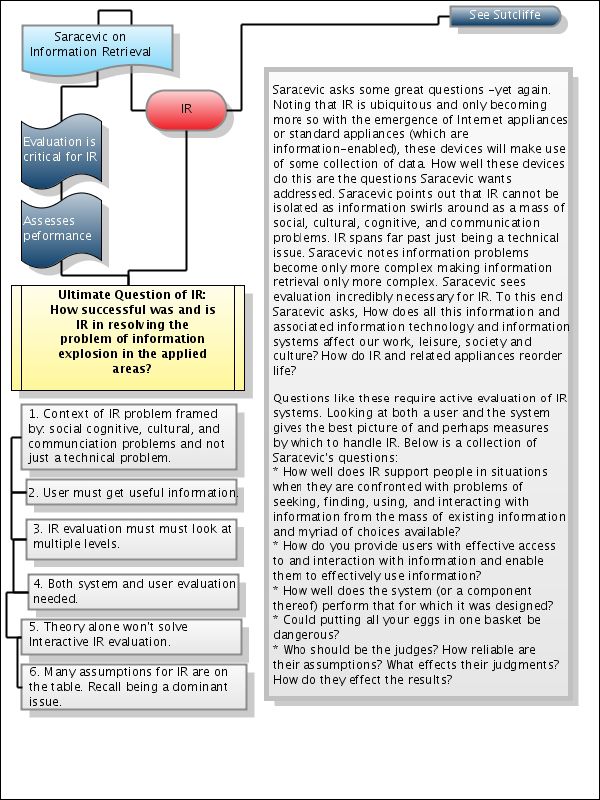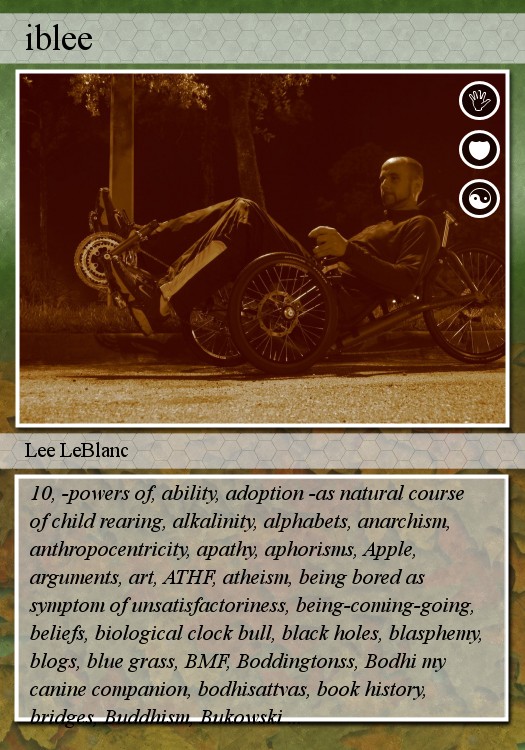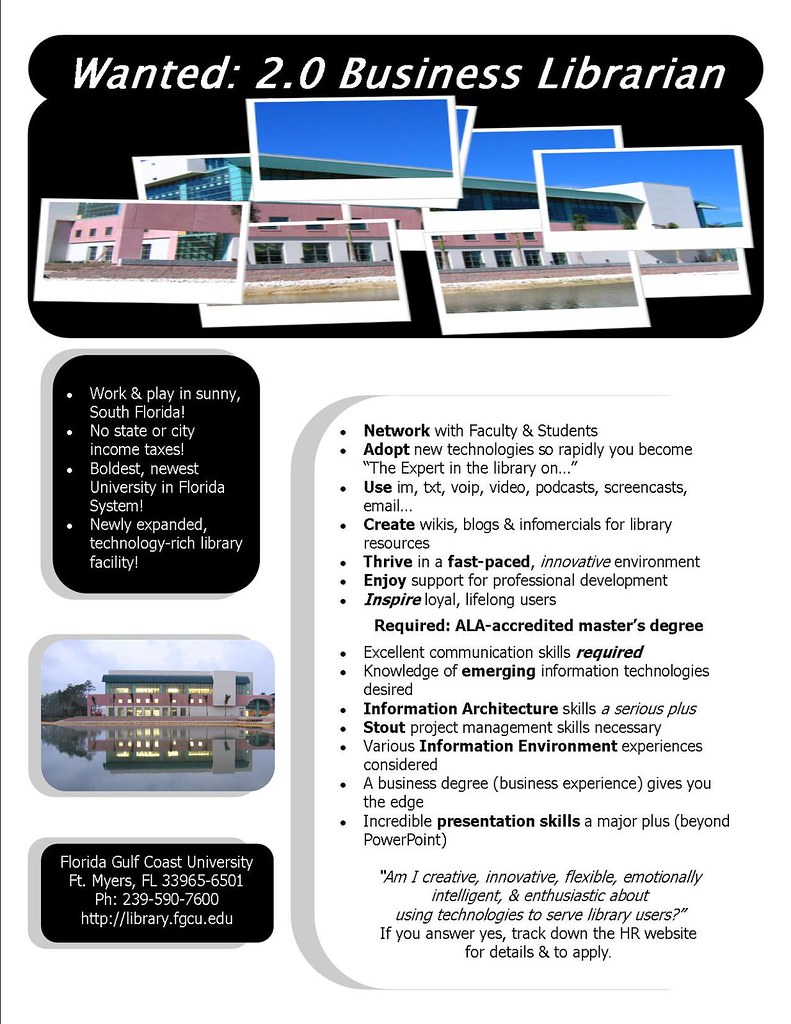
Question:
How should an online class be structured?
1. Group projects should be structured like this: do away with them. Do not allow them to be used by professors. Unless you can grade for individual effort, usually 1 or 2 of the group members do all of the work. Since I am a working professional, I do not need to develop a strong persistent work ethic. While some may need this skill, my time would be better spent applying new skills to problems posed in my classes rather than, for a lack of a better word, babysitting my group members who say things like:
- I don't care. What do you guys want to do?
- I don't know; just tell me what do do? I'm so confused; whatever you guys pick is fine.
- Oh is there anything I need do; it's too much for me to figure out on my own and add something profound with critical thought and inquiry."
Again, I mean this constructively. I'm not flaming anyone here.
2. The first online class that any student should be allowed to take is a required, graded, informational course. This course would be an introductory lesson in how to find information from the disparate University information islands that are necessary for success online. It should not be group work and each person should be required to find the information on their own. It should teach one how to do what is expected from the professors. It should teach students the basic online search skills that some of my classmates do not possess. Sometimes we forget what it's like to use something for the first time and how confusing that is. What tasks could be in this class?
Everything from:
- learning how to navigate deeply into the various, non-standard, hidden Blackboard sites the professors put up to
- finding the right place to begin requesting an ILL to
- getting your University ID to
- paying for classes to
- standardizing when assignments are due -rather than letting professors say, "Turn your assignment in on Tuesday @ 12:11 p.m." All assignments should have an end time that fits the rational of the assignment. If a professor in one class thinks I need a week to write a paper, then it should be due Sunday @ 6:00 pm; if a professor thinks I need to take a quiz which will take 30 minutes, then the quiz should start at 5:30 p.m. and end @ 6:00 p.m. This would go a long way to taking the randomness out of online learning.
- pick what elements of Blackboard a professor can use; turn off the features that are redundant. Some professors send out announcements; some professors only announce on a discussion board. I shouldn't be forced to hunt down information or try to remember where each professor's peccadilloes are to be found. My time would be better spent digesting the assigned readings, applying the specific lessons I am being taught, and doing work that builds my skills as an information professional.
- get rid of horde mail. It's horrible. Use gmail for schools.
- create a wiki to capture students knowledge and make this part of the introductory class. Each incoming class is responsible for updating that wiki by checking to make sure the links, descriptive information, etc., is still accurate.
3. This type of class would greatly improve the online experience. From a distance student's perspective, there is a voluminous amount of information that one is expected to know seemingly by inference. Imagine standing in the Library of Congress and by your glance I'm supposed to understand (guess) which section of books to go to.
4. There are some fantastic online technologies that allow immersion into a live video, chat, file sharing,
voip environment that doesn't run on clunky java and could really peel back the veil for students who don't understand how dynamic and engaging online learning can be. Online classes can be just as "physical" as a physical class -the only difference is your sitting in Tallahassee and I'm in Ft Myers.
There's always improvements to be made.





